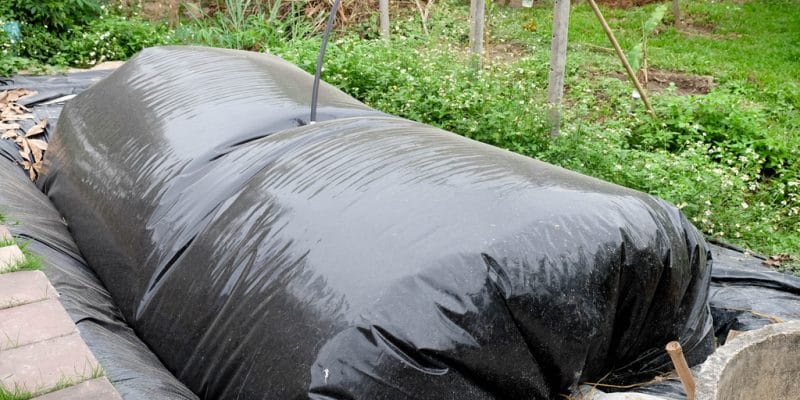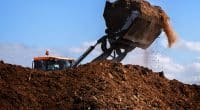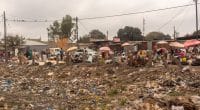Part of the population of Dunga Beach, on the Kenyan shore of Lake Victoria, now cooks with biogas. AstraZeneca and Cambridge Institute for Sustainability Leadership (CISL) have recently commissioned 50 domestic digesters that enable them to produce biogas.
The water hyacinth, which has long been an insurmountable problem, is becoming an essential solution for the residents of Dunga Beach, on the Kenyan shore of Lake Victoria. The invasive plant, which forms a thick layer over this large lake, blocking the oxygen needed for fish survival and, most importantly, preventing any boat from navigating in the contaminated area. Much research is currently being conducted in large laboratories to find the solution to the problem.
However, in 2018, two organisations realised that this plant could be useful for biogas production. The Anglo-Swedish pharmaceutical group, AstraZeneca, and the Cambridge Institute for Sustainability Leadership (CISL), a research institute based in England, have decided to build domestic and community digesters to produce biogas for the people of Dunga Beach. Afrik 21 echoed this project in Kenya in June 2018. In the meantime, all 50 domestic biodigesters have been successfully commissioned.
Community biodigesters, still in the test phase
Supplied and developed by Biogas International Ltd, a local company, the digester produces biogas from household waste and livestock bags. The water hyacinth acts as a catalyst in this case. The 50 facilities that AstraZeneca and the CISL have commissioned are now fully functional in the households involved in the project. The two community biodigesters are still in the testing phase. They will produce biogas for restaurants, poultry farms and especially for fish drying facilities.
More importantly, some of the people in this region should no longer have to cut down trees for fuelwood. The proliferation of water hyacinth, which is multiplying frenetically on Lake Victoria, should also be stopped. According to Jim Massey, Vice President of Sustainable Development Strategy and Engagement at AstraZeneca, this is only a pilot project. His company is working on a financing solution to install this technology in all rural areas of Kenya. If successful, AstraZeneca and the CISL should still be able to rely on the support of the Kenyan company, Biogas International Ltd, which has extensive experience in biogas production. Finally, this project should inspire other countries that benefit from the waters of Lake Victoria, and that control invasive plants. This is the case in Uganda, threatened in the east by two invasive species, water hyacinth and Kariba grass.
Jean Marie Takouleu







